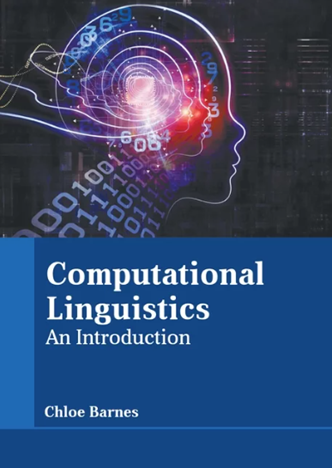罗马化南亚语言的语境感知译法
IF 5.3
2区 计算机科学
引用次数: 0
摘要
虽然大多数音译研究都集中在命名实体等单个标记上--例如,将古吉拉特文的 "અમદાવાદ "音译为拉丁文的 "艾哈迈达巴德"--但南亚和其他地区盛行的非正式罗马化常常需要音译完整的句子。由于缺乏全句(而非单词)音译的大型平行文本集,因此有必要通过非平行资源(如单脚本文本集)将上下文信息纳入音译。在本文中,我们针对这种使用场景提出了许多改进上下文音译的方法。其中一些方法实际上无需使用句子上下文即可提高性能,从而可以更好地量化上下文信息对系统改进的具体作用程度。我们的最终系统最终依赖于包括在模拟平行数据上微调的大型预训练语言模型在内的集合,与之前报道的 Dakshina 数据集中所有 12 种语言从拉丁文到母语的全句音译的最佳结果(Roark 等人,2020 年)相比,取得了实质性的改进,总体上减少了 3.3% 的绝对平均字错误率(18.6% 的相对平均字错误率)。本文章由计算机程序翻译,如有差异,请以英文原文为准。
Context-aware Transliteration of Romanized South Asian Languages
While most transliteration research is focused on single tokens such as named entities – e.g., transliteration of “અમદાવાદ” from the Gujarati script to the Latin script “Ahmedabad” – the informal romanization prevalent in South Asia and elsewhere often requires transliteration of full sentences. The lack of large parallel text collections of full sentence (as opposed to single word) transliterations necessitates incorporation of contextual information into transliteration via non-parallel resources, such as via mono-script text collections. In this paper, we present a number of methods for improving transliteration in context for such a use scenario. Some of these methods in fact improve performance without making use of sentential context, allowing for better quantification of the degree to which contextual information in particular is responsible for system improvements. Our final systems, which ultimately rely upon ensembles including large pretrained language models finetuned on simulated parallel data, yield substantial improvements over the best previously reported results for full sentence transliteration from Latin to native script on all 12 languages in the Dakshina dataset (Roark et al. 2020), with an overall 3.3% absolute (18.6% relative) mean word-error rate reduction.
求助全文
通过发布文献求助,成功后即可免费获取论文全文。
去求助
来源期刊

Computational Linguistics
Computer Science-Artificial Intelligence
自引率
0.00%
发文量
45
期刊介绍:
Computational Linguistics is the longest-running publication devoted exclusively to the computational and mathematical properties of language and the design and analysis of natural language processing systems. This highly regarded quarterly offers university and industry linguists, computational linguists, artificial intelligence and machine learning investigators, cognitive scientists, speech specialists, and philosophers the latest information about the computational aspects of all the facets of research on language.
 求助内容:
求助内容: 应助结果提醒方式:
应助结果提醒方式:


